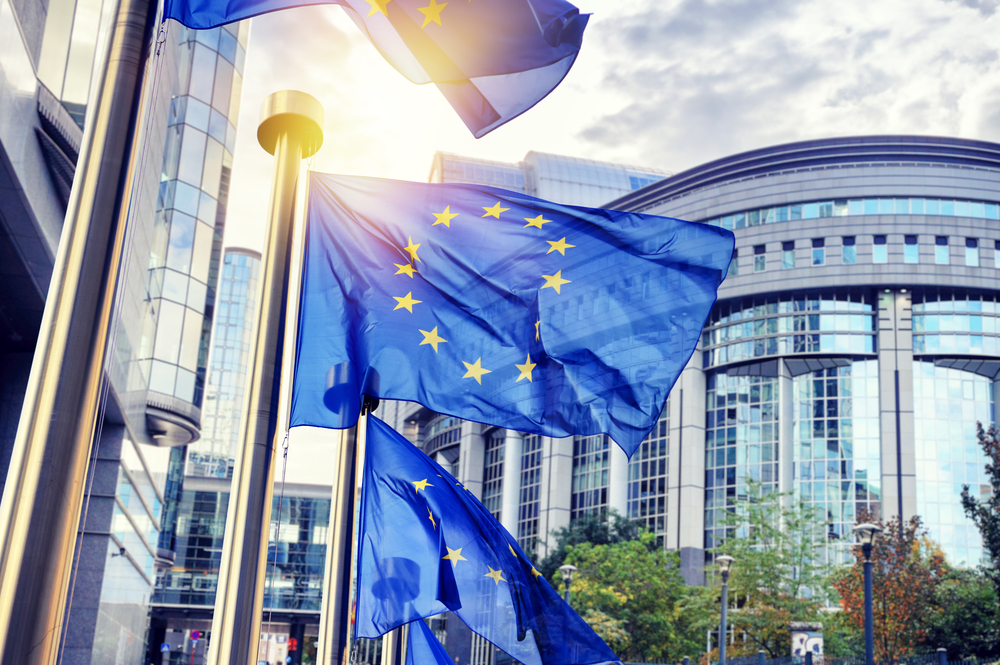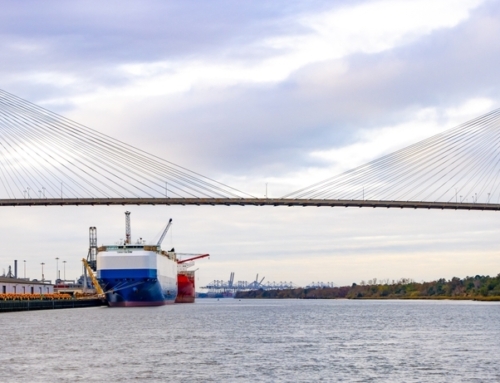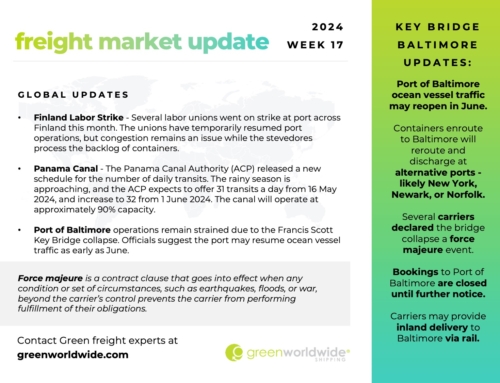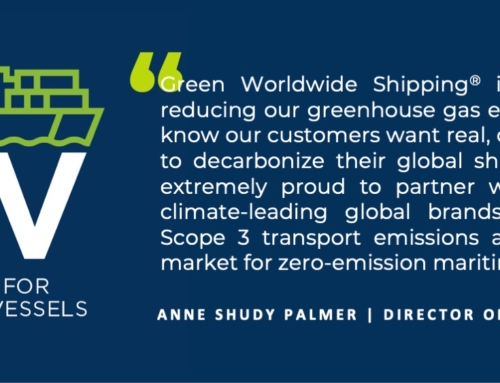EUROPEAN UNION ANNOUNCES NEW FORCED LABOR RULE
The European Union (EU) announced March 5th that a deal had been reached on a new rule set regarding forced labor. Specifically, this new rule will ban imports suspected of being made with forced labor, outlining how the EU will investigate and penalize any perceived violations.
There are four criteria which the member states need to use when investigating potential violations:
- Scale and severity of the infraction.
- Amount/volume of products involved.
- Share of the parts of the product likely to be made with forced labor.
- Proximity of EU business to the forced labor and their leverage to address the risks.
For more information about these criteria visit: https://www.consilium.europa.eu/en/press/press-releases/2024/03/05/council-and-parliament-strike-a-deal-to-ban-products-made-with-forced-labour/
EU VS MEMBER STATE JURISDICTIONS
This new rule specifies that the EU investigates all forced labor issues with countries outside the EU and has final say on the violations. Individual member states will make the decisions on forced labor risks within their own borders. Any forced labor decisions made by one member state will be applicable throughout the EU. The EU can also order a company to withhold (not destroy) any imports deemed “critical”. These held goods will be released once the importer can prove there is no forced labor in their supply chain.
“Forced labour has been a reality for too long, and it remains a reality for too many. There were an estimated 27,6 million people affected by it in 2021, mostly in the private sector, but also victims of so-called state-sponsored forced labour. The deal we reached today will assure the EU has an instrument to ban products made with forced labour from the Union market as well as to tackle various forms of forced labour, including when it is imposed by a state.”
Maria-Manuel Leitão-Marques | European Parliament Member – Portugal
PENALTIES FOR INFRACTIONS
Any imports found to be in violation of this new rule can be ordered to be withdrawn by either the EU or any individual member state. Imports may also be confiscated at the borders. Confiscated items are to be donated, recycled, or destroyed.
INDIVIDUAL PARTS STIPULATION
If a product has many different parts which can be manufactured separately, such as a car, the new rule treats each part individually. This means if one component was manufactured using forced labor, the EU can order that specific part to be disposed of instead of the entire vehicle. The onus then falls on the car manufacturer to find a supplier who will manufacture the confiscated part without forced labor.
It is important to note that this rule only applies to parts which are replaceable. For example, if the wheat in a loaf of bread was harvested using forced labor, the entire loaf must be discarded.
IMPLEMENTATION
The new rule is currently only a provisional agreement. Both the European parliament and EU Council must endorse and formally adopt the new legislation. The Council will vote on this proposal March 13th and the Parliament will vote in April. The new rule will apply three years after being published officially. After final approval the EU will issue new compliance guidance to companies and governments. They will also create a new Forced Labour Single Portal containing compliance guidance, information regarding risk areas and sectors, evidence of suspected forced labor, and a portal to report suspected forced labor.
Follow freight news with Green’s Weekly Freight Market Update by following us on Facebook, Instagram, and LinkedIn. For continuous updates, make sure to check out our website at greenworldwide.com.






